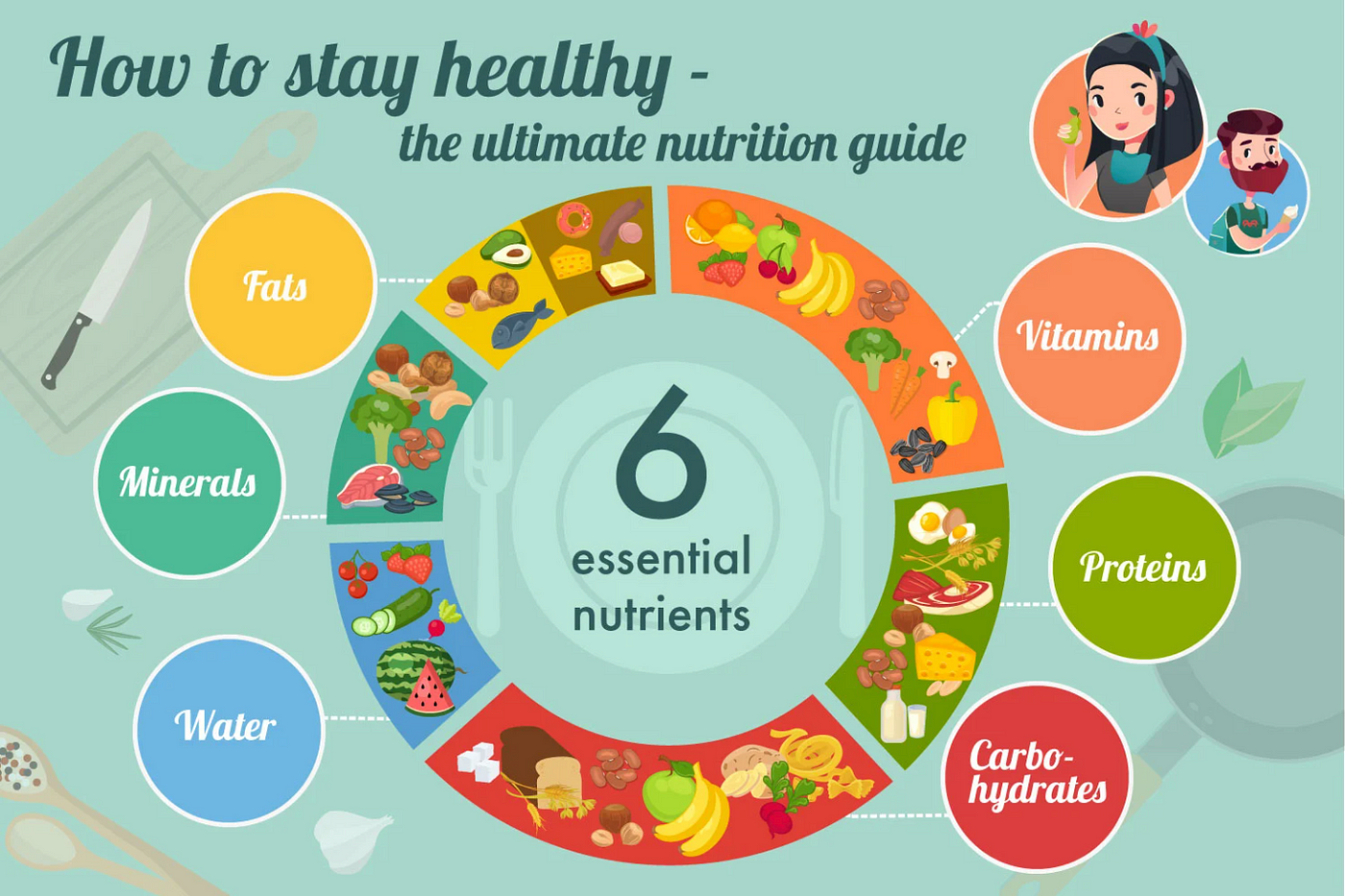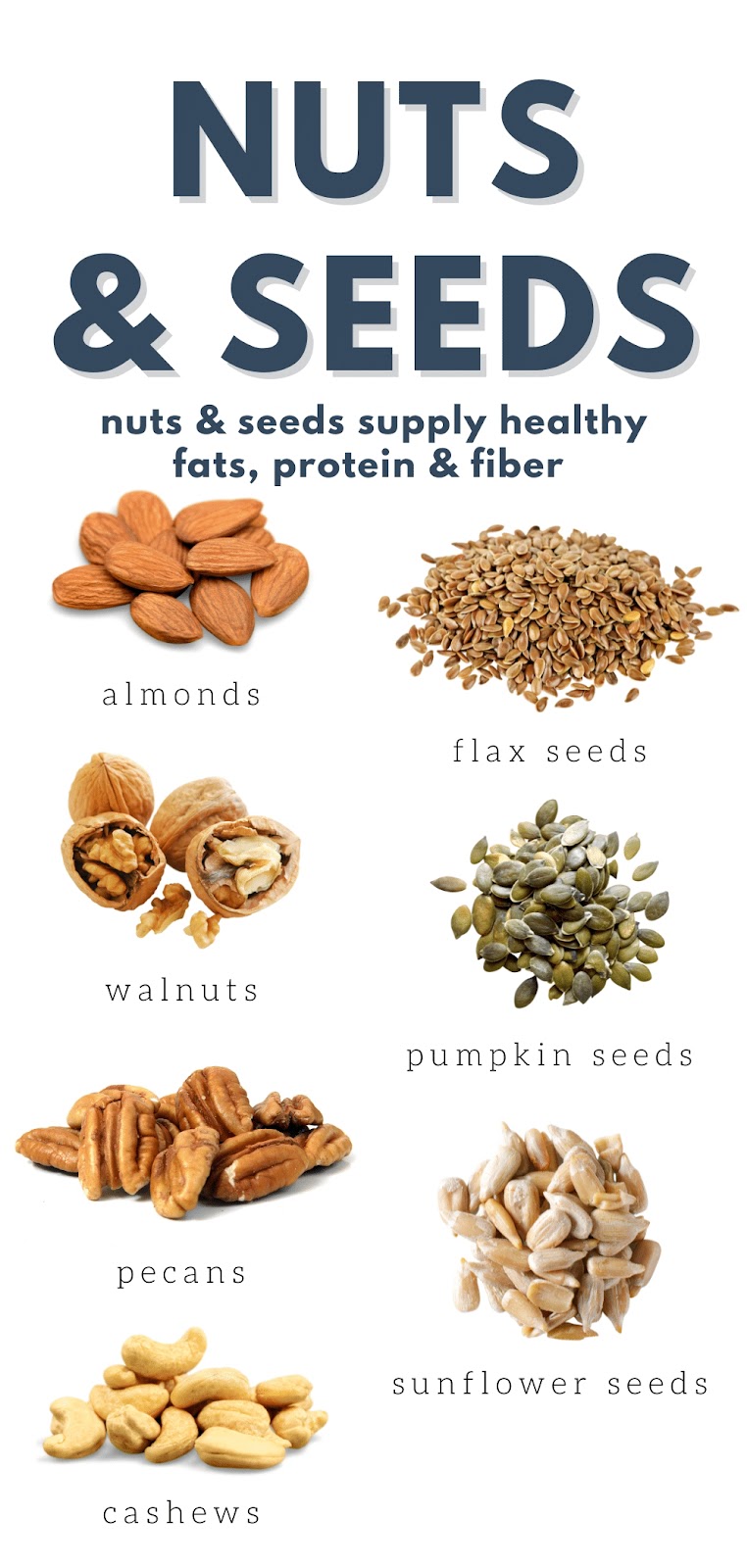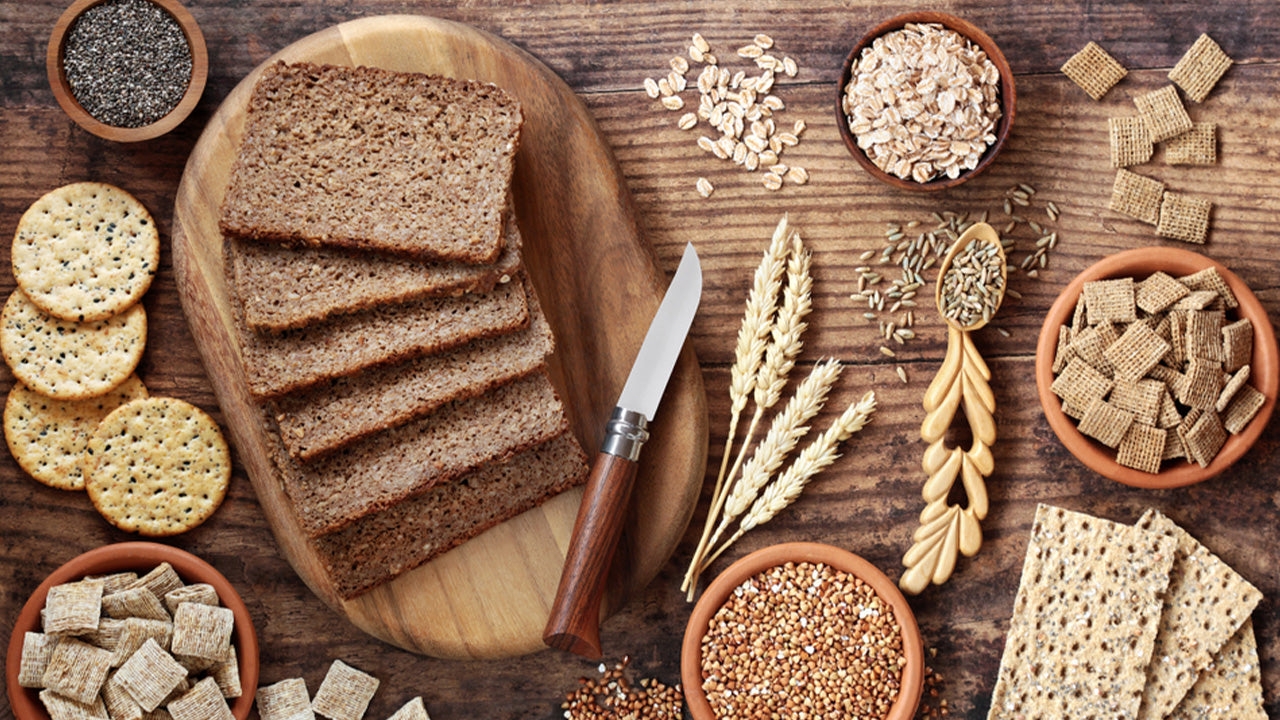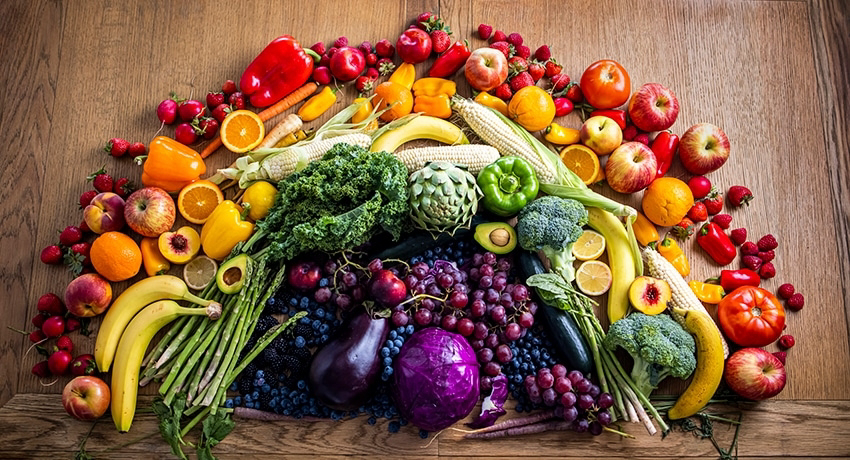10 Nutrient-Rich Foods to Add to Your Diet for Optimal Health
Title: Incorporate These 10 Nutrient-Rich Foods into Your Diet for Optimal Health
Introduction:
Achieving a healthy and balanced diet is often perceived as a challenging endeavor. However, by making small changes to our eating habits, we can gradually improve our overall well-being. By focusing on nutrient-rich foods, we can provide our bodies with the essential vitamins, minerals, and antioxidants they need to thrive. In this article, we will explore ten foods that can be easily incorporated into your diet, paving the way for a healthier lifestyle.
Leafy Green Vegetables:
Start by incorporating leafy green vegetables such as spinach, kale, and Swiss chard into your meals. These greens are rich in fiber, vitamins A, C, and K, as well as minerals like iron and calcium. They contribute to a healthy digestive system and support overall immune function.
Berries:
Adding a variety of berries, such as blueberries, strawberries, and raspberries, to your diet provides a burst of flavor and numerous health benefits. Berries are packed with antioxidants, which help combat oxidative stress and promote cardiovascular health. Additionally, they are a great source of fiber and vitamin C.
Nuts and Seeds:
Snacking on nuts and seeds like almonds, walnuts, chia seeds, and flaxseeds can significantly enhance your diet. These foods are rich in healthy fats, protein, and fiber, which promote satiety and heart health. They also contain essential nutrients such as vitamin E, magnesium, and omega-3 fatty acids.
Whole Grains:
Switching from refined grains to whole grains is an excellent way to boost your nutritional intake. Foods like quinoa, brown rice, whole wheat bread, and oats are high in fiber and provide sustained energy throughout the day. Additionally, they offer valuable vitamins, minerals, and antioxidants.
Legumes:
Including legumes such as lentils, chickpeas, and black beans in your diet is a fantastic way to add plant-based protein and fiber. Legumes are low in fat and rich in complex carbohydrates, folate, iron, and potassium. They offer a range of health benefits, including improved heart health and better blood sugar control.
Fatty Fish:
Incorporating fatty fish like salmon, mackerel, and sardines into your meals provides an abundant source of omega-3 fatty acids. These healthy fats support brain function, reduce inflammation, and promote heart health. Aim to include fish in your diet at least twice a week.
Yogurt:
Opting for low-fat or Greek yogurt is an excellent way to introduce probiotics into your diet. Probiotics are beneficial bacteria that support gut health and aid digestion. Yogurt is also an excellent source of calcium, protein, and vitamin D.
Colorful Vegetables:
Vibrantly colored vegetables, such as carrots, bell peppers, and tomatoes, are rich in antioxidants and phytochemicals. These compounds help protect cells from damage, reduce the risk of chronic diseases, and support a robust immune system. Including a variety of colors on your plate ensures a diverse range of nutrients.
Avocados:
Avocados are a unique fruit that is high in healthy monounsaturated fats. They are a great source of fiber, vitamin K, vitamin C, vitamin E, and several B vitamins. Incorporating avocados into your diet can contribute to heart health, promote satiety, and provide essential nutrients.
Herbal Teas:
While staying hydrated is essential, herbal teas offer additional health benefits. Teas like green tea, chamomile tea, and peppermint tea are rich in antioxidants and can help improve digestion, boost metabolism, and aid relaxation.
Conclusion:
Embarking on a journey













Comments
Post a Comment